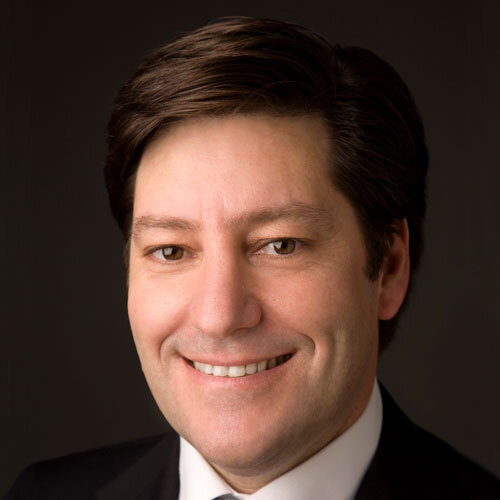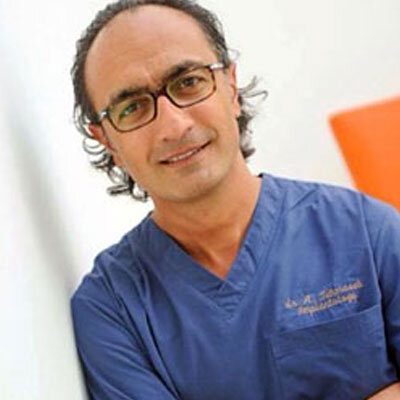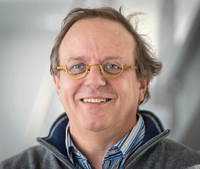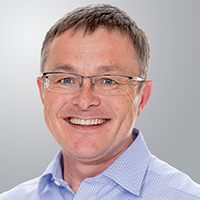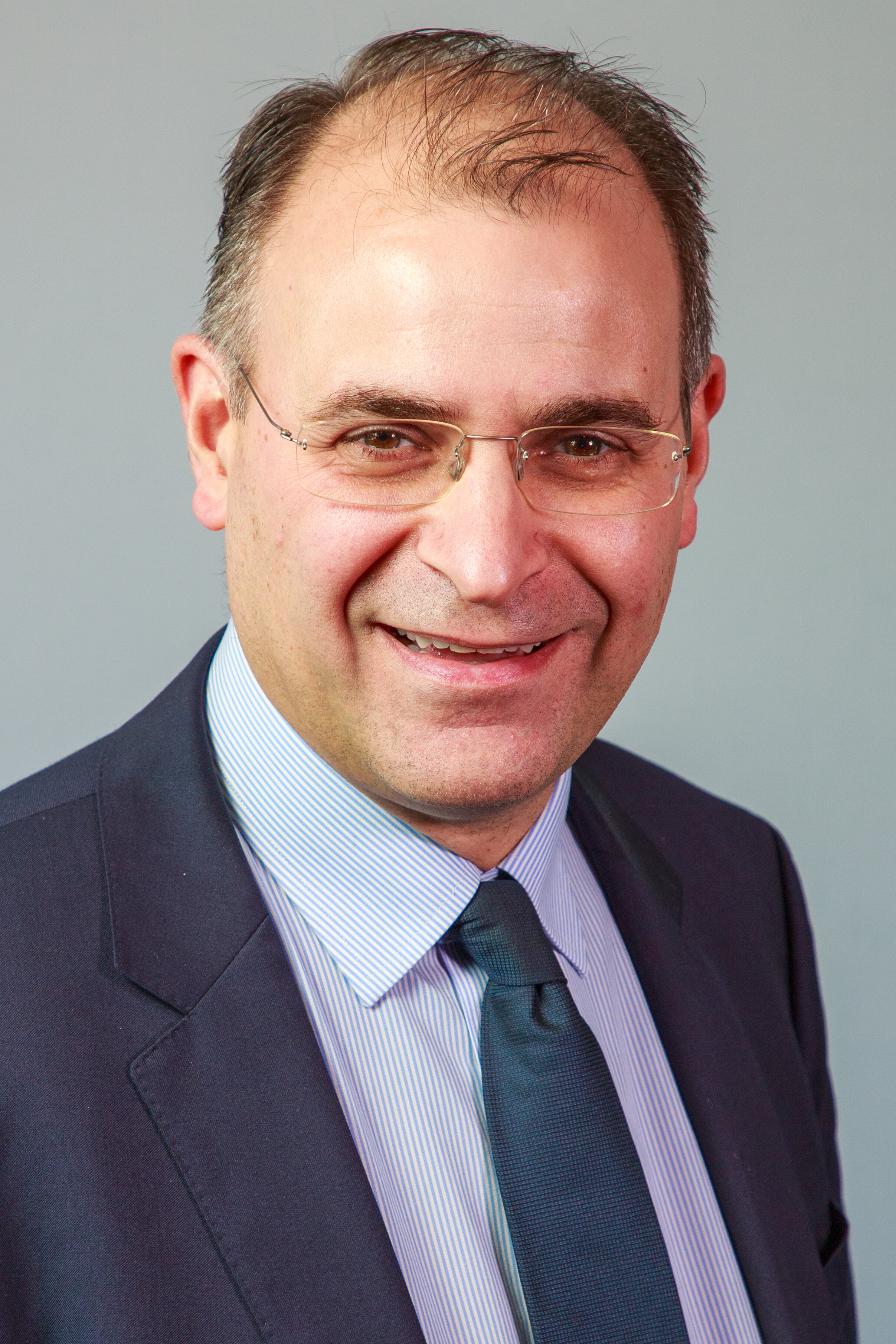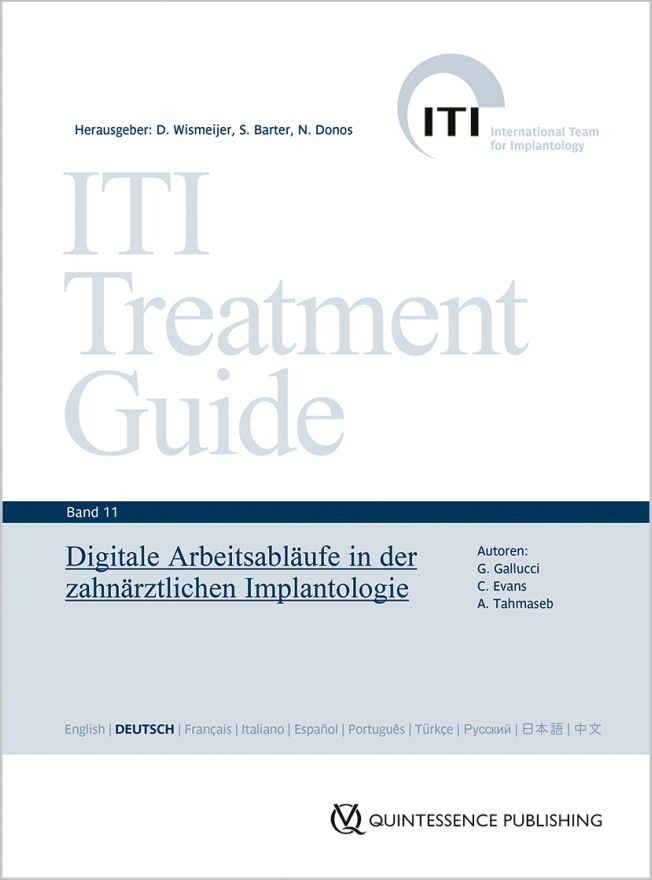Das Gebiet der zahnärztlichen Implantologie wächst und wächst. Dies gilt für die Zahl an Behandlern, die Implantate einsetzen und für prothetische Lösungen nutzen, wie auch für die Zahl an Patienten, die erfolgreiche Resultate innerhalb kürzester Zeit fordern. Im Rennen um die Befriedigung dieser Nachfrage vollzieht sich gleichzeitig ein rasanter technologischer Wandel und bringen Implantathersteller und verwandte Anbieter immer neue Produkte als mögliche Lösungen auf den Markt. Der Behandler sieht sich in dieser Situation nicht selten mit einer unübersichtlichen Vielfalt an Anwendungsmöglichkeiten konfrontiert. Für alle Etappen auf dem Weg zum fertigen Zahnersatz – Diagnose, Bildgebung, Planung, Chirurgie, Abformung, Konstruktion und Herstellung – stehen für die Bereiche der digitalen Zahnheilkunde Hardware- und Softwarelösungen zur Verfügung.
Nie darf man vor diesem Hintergrund aber die Verantwortung aus den Augen verlieren, dass alle Behandlungen stets unbedenklich und im besten Interesse des Patienten erfolgen müssen. Als weiteres Kompendium evidenzbasierter Methodik für den klinischen Alltag führt dieser Band 11 des ITI Treatment Guide, diesmal unter dem Titel "Digitale Arbeitsabläufe in der zahnärztlichen Implantologie", das erfolgreiche Konzept der ersten zehn Bände weiter. Erneut beleuchten renommierte Kliniker darin unter Mitwirkung von erfahrenen Praktikern das gesamte Spektrum an technischen Möglichkeiten und ihre sichere klinische Anwendung.
Inhalt
Kapitel 01. Einleitung
• Digitale Datenerfassung
• Digitale Datenbearbeitung
Kapitel 02. Oberflächenscans
• Einleitung
• Analoge Abformungen
• Digitale Abformungen – Digitalisierung der Mundhöhle
• Genauigkeit: Reale Erfassung und Präzision
• Notwendigkeit physischer Modelle
• Abschließende Bemerkungen
Kapitel 03. Gesichtsscans
• Technologische Entwicklung
• Stand der Technik bei Gesichtsscans
• Anwendungen in der zahnärztlichen Prothetik
• Klinische Fallbeschreibung
• Dynamische Gesichtsscanner
• Schwächen und Verbesserungspotenziale
• Schlussfolgerungen
Kapitel 04. Softwarepakete
• Diagnose und Datenerfassung
• Prothetische und chirurgische Planung
• Computergestützte Konstruktion (CAD)
• Computergestützte Fertigung (CAM)
• Abschließende Bemerkungen
Kapitel 05. Zusammenführen von Datensätzen
• Scantechnologien und zugehörige Datensätze
• Genauigkeit von DVT-Scans
• Sichtfeld (Field of View FoV)
• Strahlaufhärtung und Streustrahlung
• Patientenvorbereitung für DVT-Scans
• Zusammenführen von Dateien
Kapitel 06. Digitale Abläufe in der Implantatprothetik
• Digitale Schritte zur Patientenversorgung
• Diagnoseschritte im digitalen Ablauf
• Planungsschritte im digitalen Ablauf
• Chirurgische Schritte im digitalen Ablauf
• Prothetische Schritte im digitalen Ablauf
• Alternatives Vorgehen in digitalen Abläufen
Kapitel 07. Computergestützte Chirurgie
• Terminologie
• Systeme der computergestützten Chirurgie
• Lagerung der chirurgischen Schablone
• Sofortbelastung mit vorgefertigter Prothetik
• Einschränkungen
• Ausblick
Kapitel 08. CAD/CAM-Technologie und individualisierte Knochenaugmentate
• Gefräste Knochenaugmentate
• Gedruckte Knochenaugmentate
• Vollständige 3-D-Planung von freien vaskularisierten Fibulatransplantaten für maxillofaziale Defekte
Kapitel 09. Digitale Artikulatoren
• Einleitung
• Mechanische Artikulatoren
• Digitale Artikulatoren
• Ausblick
Kapitel 10. Fertigungsmethoden und Materialien
• Fertigungstechniken und Materialien für CAD/CAM-Zahnersatz
• Metalllegierungen
• Zirkonoxid
• Lithiumdisilikat
Kapitel 11. Komplikationen und technische Herausforderungen
• Komplikationen beim Scannen
• Komplikationen beim Datenabgleich
• Komplikationen beim Fräsen
Kapitel 12. Zukünftige Entwicklungen und Herausforderungen
Kapitel 13. Klinische Fallbeschreibungen: Digitale Arbeitsabläufe für implantatgetragene Prothetik bei geführten chirurgischen Eingriffen und Einsatz der CAD/CAM-Technik
Kapitel 14. Technische und klinische Empfehlungen
Kapitel 15. Literatur



